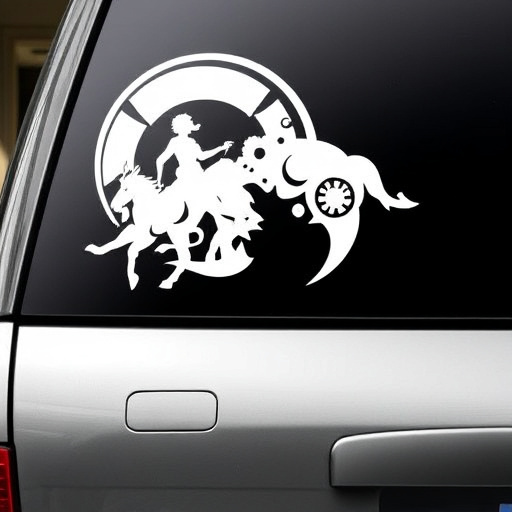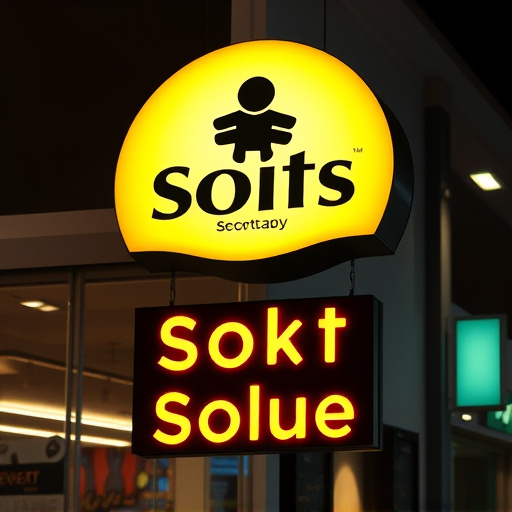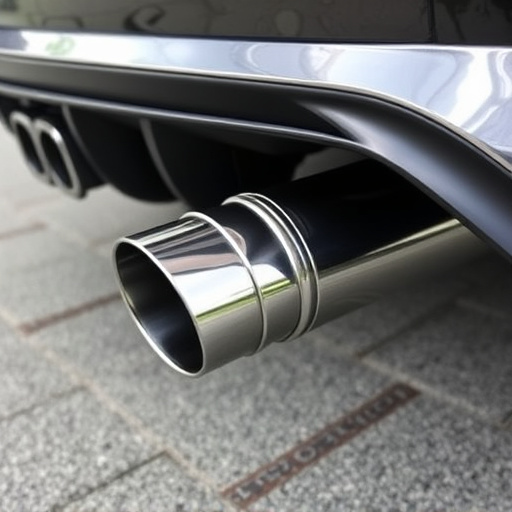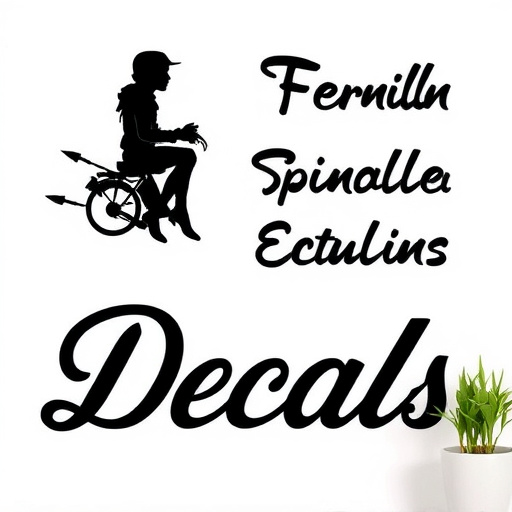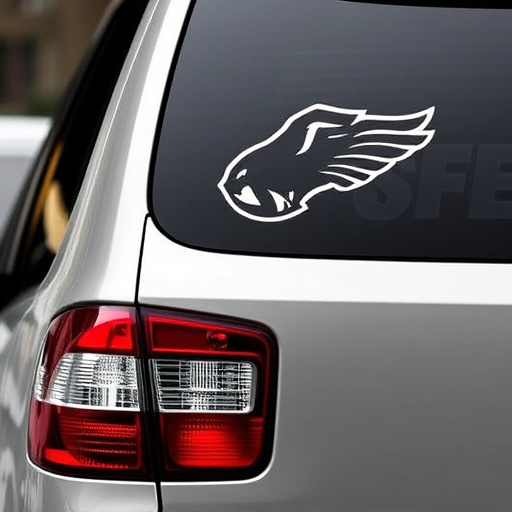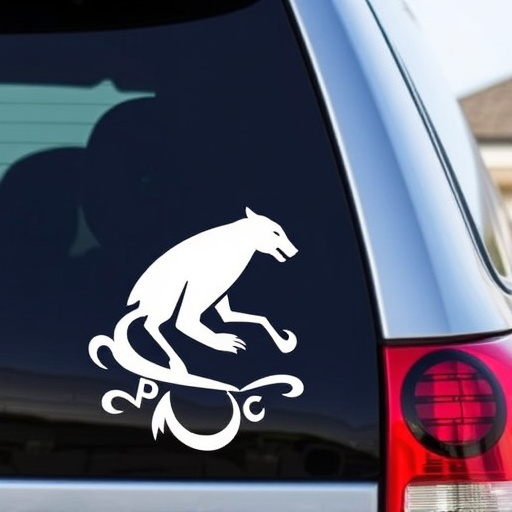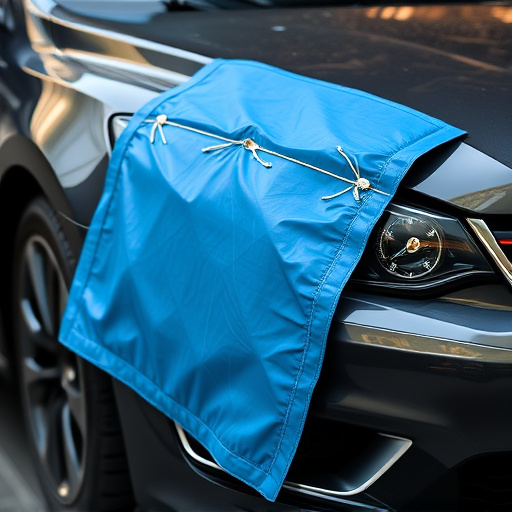Navigating intellectual property rights and legal regulations is crucial in automotive customization. Copyright law protects unique designs, while design patents safeguard innovative features. Local laws govern modifications, emissions systems, and safety standards. Aftermarket parts must meet stringent criteria to avoid penalties. Proper documentation and consideration of IP rights are essential for personalized vehicles to ensure compliance and protect against infringement claims.
In the dynamic realm of automotive customization, transforming vehicles into unique expressions of personal style is a booming trend. However, navigating legal considerations is essential to ensure these projects stay on the right track. This article delves into critical aspects, such as copyright and design patents, permits and licenses for customization work, and the legal implications of using aftermarket parts. Understanding these elements is crucial for both enthusiasts and professionals in the automotive customization space.
- Understanding Copyright and Design Patents
- Permits and Licenses for Customization Work
- Legal Implications of Using Aftermarket Parts
Understanding Copyright and Design Patents
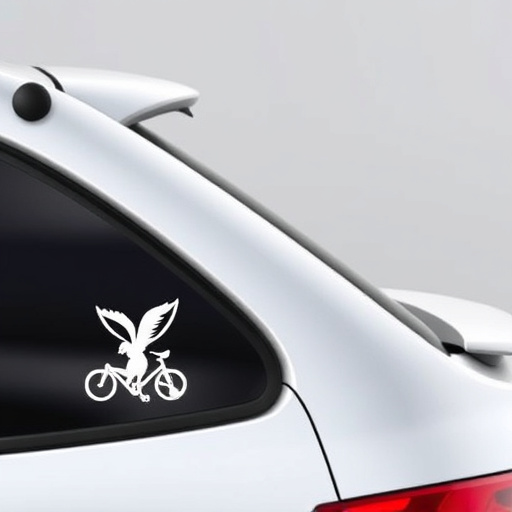
In the realm of automotive customization, understanding intellectual property rights is paramount. One key aspect to grasp is copyright law and its application in the context of vehicle modifications. When a customizer creates unique designs or artwork for a car, they hold the copyright to that original work. This legal protection prevents others from reproducing or distributing their creations without permission. For instance, intricate vinyl wraps or eye-catching automotive detailing designs are subject to copyright, ensuring artists and customizers receive recognition and compensation for their creative efforts.
Design patents offer another layer of protection for automotive customization projects. These patents are granted for innovative and non-obvious design features that enhance the aesthetics or functionality of a vehicle. For example, a customizer who invents an innovative scratch protection coating for cars can apply for a design patent, giving them exclusive rights to manufacture and sell this unique solution. Such legal considerations play a crucial role in fostering innovation within the automotive customization industry while safeguarding creators’ rights.
Permits and Licenses for Customization Work

In the realm of automotive customization, understanding the legal landscape is paramount. Before diving into any project, from painting to adding performance enhancements, individuals or businesses involved must secure the necessary permits and licenses. This regulatory framework varies across regions but generally includes registration with local authorities, obtaining work permits, and adhering to environmental standards. For instance, modifying a vehicle’s emissions system or installing specialized equipment may require specific approvals to ensure roadworthiness and safety.
One notable aspect of automotive customization projects involves the use of decorative and protective coatings like vinyl wraps and ceramic coatings. While these can enhance a vehicle’s aesthetics and offer scratch protection, they must comply with local regulations regarding vehicle modification. Additionally, permits might be required for certain types of custom tires or aftermarket lighting systems to guarantee they meet safety standards. Therefore, it’s crucial to consult relevant authorities to navigate the legal considerations inherent in automotive customization projects.
Legal Implications of Using Aftermarket Parts
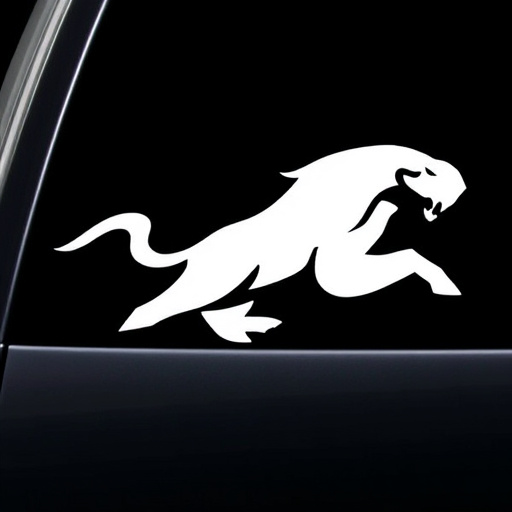
The use of aftermarket parts in automotive customization projects can have significant legal implications. While aftermarket components are designed to enhance and personalize vehicles, they must adhere to strict safety and quality standards set by regulatory bodies. Failure to comply with these regulations can result in legal repercussions, including fines and vehicle seizure. Moreover, modified vehicles require proper documentation to ensure that all alterations meet legal requirements for registration and roadworthiness.
Additionally, the installation of certain parts, such as those related to heat rejection systems or custom graphics, may trigger intellectual property rights considerations. Aftermarket manufacturers and installers must respect patent and copyright laws to avoid infringement claims from original equipment manufacturers (OEMs). This is particularly crucial in the automotive industry, where technological advancements are constantly being made, and protections for innovative designs and components are in place to maintain fair competition and consumer safety.
When embarking on automotive customization projects, it’s crucial to navigate a labyrinthine landscape of legal considerations. Understanding copyright, design patents, permits, and licenses is essential for ensuring compliance and mitigating risks. Moreover, being mindful of the legal implications of using aftermarket parts can prevent costly disputes and ensure a smooth transformation process. As you dive into these modifications, remember that knowledge of applicable laws is a game-changer for any successful automotive customization endeavor.
